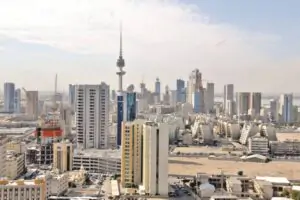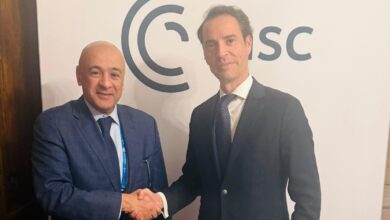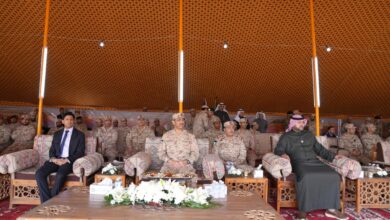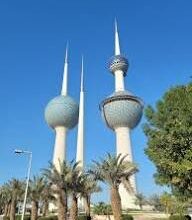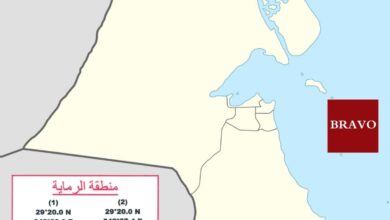Diwaniya Diplomacy
Why parliamentary delegations are essential tools of diplomacy
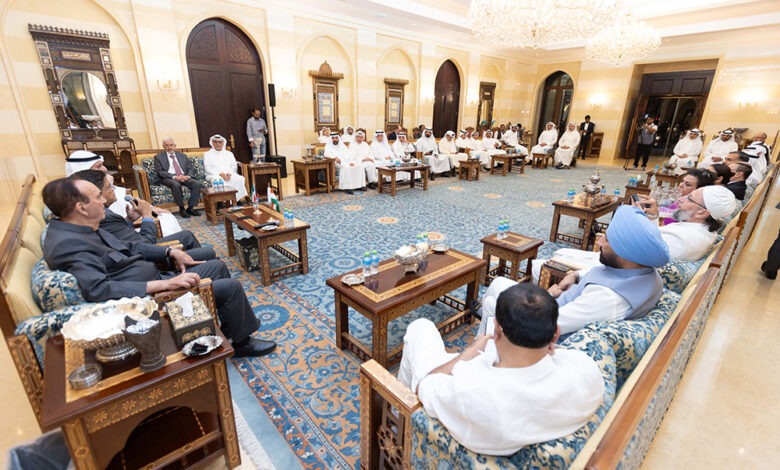
By Tareq Yousef AlShumaimry
Former Secretary-General of the Commercial Arbitration Centre of the Gulf Cooperation Council
I was recently invited by Reconnaissance Research Centre to attend a seminar at one of Kuwait’s traditional diwaniyas. The seminar involved participation of an Indian parliamentary delegation visiting Kuwait and Kuwaiti civil society organizations. The event’s hosts, Founder and CEO of Reconnaissance Research Abdulaziz Al-Anjari, and the Indian Ambassador H.E. Dr. Adarsh Swaika took diplomacy to a new level through this unique engagement.
Parliamentary delegations play a pivotal role in strengthening diplomatic relations, enhancing security cooperation, and addressing common concerns between countries. The visit of the Indian parliamentary delegation to Kuwait on 26–27 May was a significant step in strengthening bilateral relations.
Similarly, Kuwait has actively participated in the past in sending parliamentary delegations abroad to promote its national interests and enhance international cooperation. Unlike traditional state diplomacy, parliamentary diplomacy allows for greater flexibility, informal dialogue, and direct interaction with foreign counterparts.
These delegations contribute to enhancing mutual understanding, fostering economic partnerships, and advancing cooperation. Whatever the delegation’s agenda, the results were extremely positive. We saw the Indian parliamentary delegation open a new platform for dialogue, enabling discussion on key issues, trade and economic cooperation, and enhanced joint efforts to confront global threats. In addition, we also witnessed cultural and educational exchanges, strengthening ties between peoples through academic and cultural initiatives.
A common theme among the hosts was the need to foster this ongoing communication and trust, deepening cooperation in building long-term relationships. Diwaniyas are a wonderful tradition deeply rooted in Kuwaiti culture. They are informal social gatherings where people—traditionally men—come together to discuss a wide range of topics, from politics and business to sports and literature.
I was struck by the importance of holding such a meeting in a diwaniya, as it was unique and special for our guests and hosts. I congratulate Al-Anjari for providing the Indian guests with a taste of Kuwaiti hospitality and culture. These interactions and engagements with friendly countries that share similar views on global issues are essential tools in modern diplomacy, complementing traditional state-led negotiations.
By fostering dialogue, cooperation, and mutual understanding, these interactions contribute to global stability and progress. As international challenges become increasingly complex, the role of parliamentary diplomacy will continue to expand, shaping a model for international relations in the future. We look forward to hearing more views of other parties and their opinions from Mr. Al-Anjari and Reconnasance Research Center.
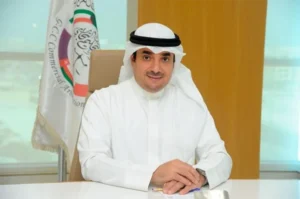
Tareq Yousef AlShumaimry, served as Chairman of the Finance Committee and Chairman of the General Budget Committee of the Permanent Court of Arbitration in The Hague (PCA) and an observer in the Administrative Council of the Court and the Consular at International Court of Justice (ICJ) and the Embassy of the State of Kuwait in the Netherlands during this period from 2013 to 2020. Email: tareq@alshumaimry.com







